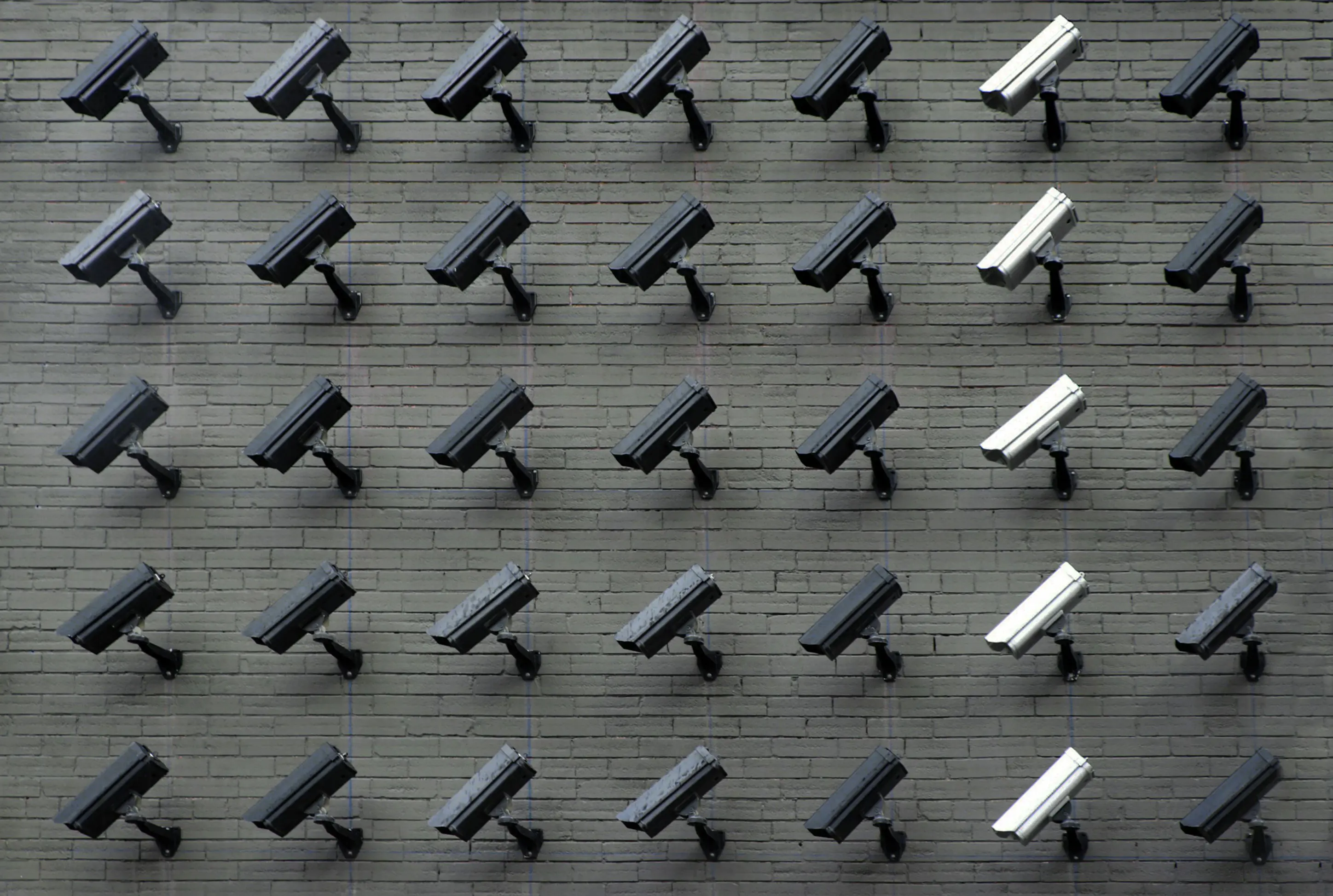Smart Tech Or Surveillance? The Fine Line We’Re Crossing

In the not-so-distant past, the idea that our devices could watch our every move belonged to the realm of science fiction. Today, it’s an unsettling reality. As smart technology becomes ever more integrated into our daily lives, the lines between convenience and surveillance are blurring at an alarming rate.
From smart TVs that suggest your next binge-watch based on your viewing habits to home assistants that listen for your every command, our gadgets are growing increasingly perceptive. But what happens when this helpfulness morphs into something more invasive?
A recent discussion spearheaded by researchers at the University of Auckland sheds light on this pressing issue. They highlight that while these devices are marketed as tools to make life easier, they often come with a hidden cost: our privacy.
Imagine this: you’re in your living room, laughing at a joke on TV. Your smart TV is not only aware of what show you’re watching but also potentially tracking your laughter, your facial expressions, and even your emotions. While this may seem harmless at first glance, it’s a reminder of how much of our personal lives is being captured and possibly stored.
The research underscores a critical point: smart technology is inching closer to surveillance without us even noticing. What’s even more concerning is how much we willingly embrace these devices, often without fully understanding the extent of their capabilities. The convenience of asking Alexa to dim the lights or having our thermostat learn our temperature preferences comes with the caveat of giving away a slice of our privacy.
As we become more reliant on these technologies, the potential for misuse grows. The data collected by our devices could be used in ways we never intended, from targeted advertising to more sinister applications. It’s a fine line we’re treading, and it calls for a critical examination of how we engage with our technology.
So, what can we do? The first step is awareness. Understanding what data is being collected and how it is used can empower us to make informed decisions about the technology we choose to invite into our lives. Additionally, advocating for transparency and robust privacy laws can help safeguard our personal information.
As we move forward in this ever-connected world, it’s crucial to question the trade-offs we’re making for convenience. Because sometimes, the smartest choice might just be to turn off the camera.